Dream Chaser Captive Carry Test in Pictures
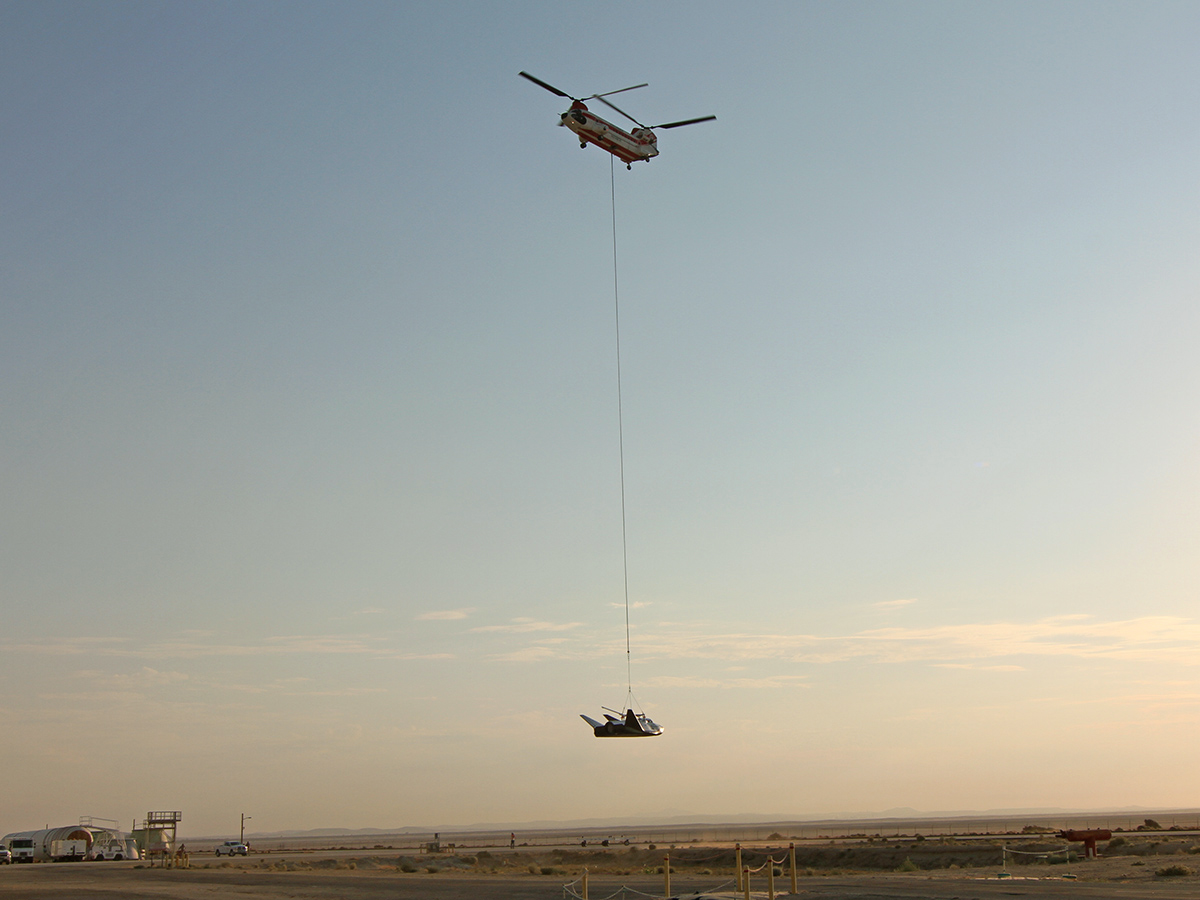
On the Ground
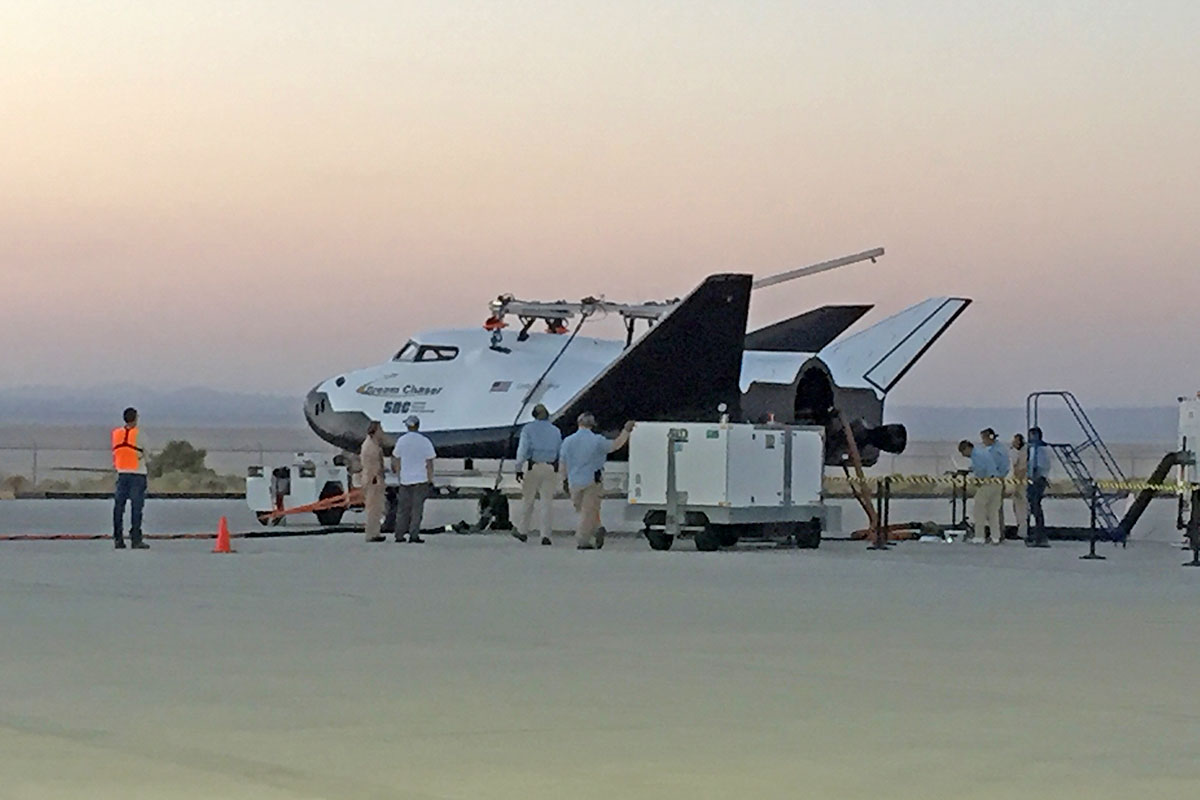
On Aug. 30, 2017, Sierra Nevada Corporation executed a captive carry test of its Dream Chaser cargo space plane. Here, crews prepare Dream Chaser for the test at NASA's Armstrong Flight Research Center.
Dawn
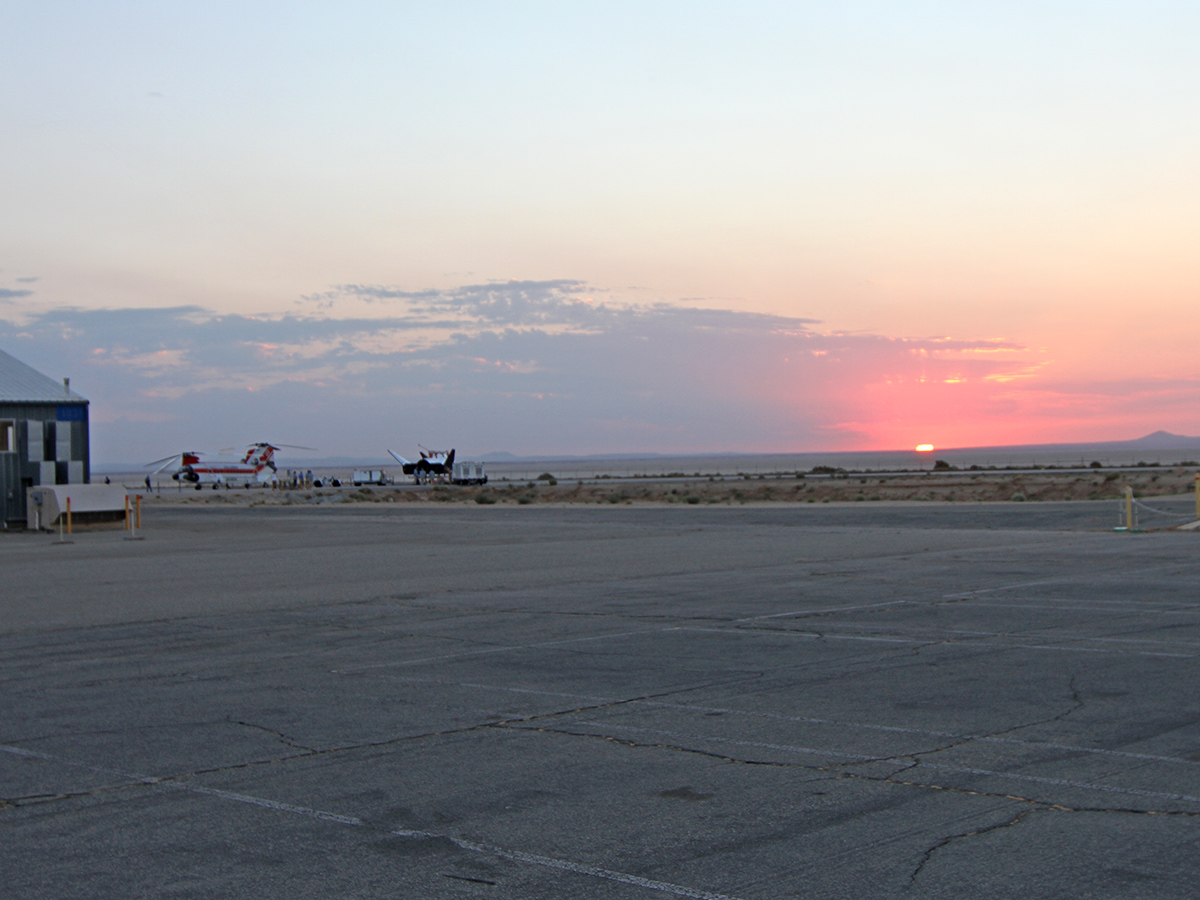
Dawn breaks over Armstrong, and Dream Chaser is ready for flight.
Launch Time Approaches
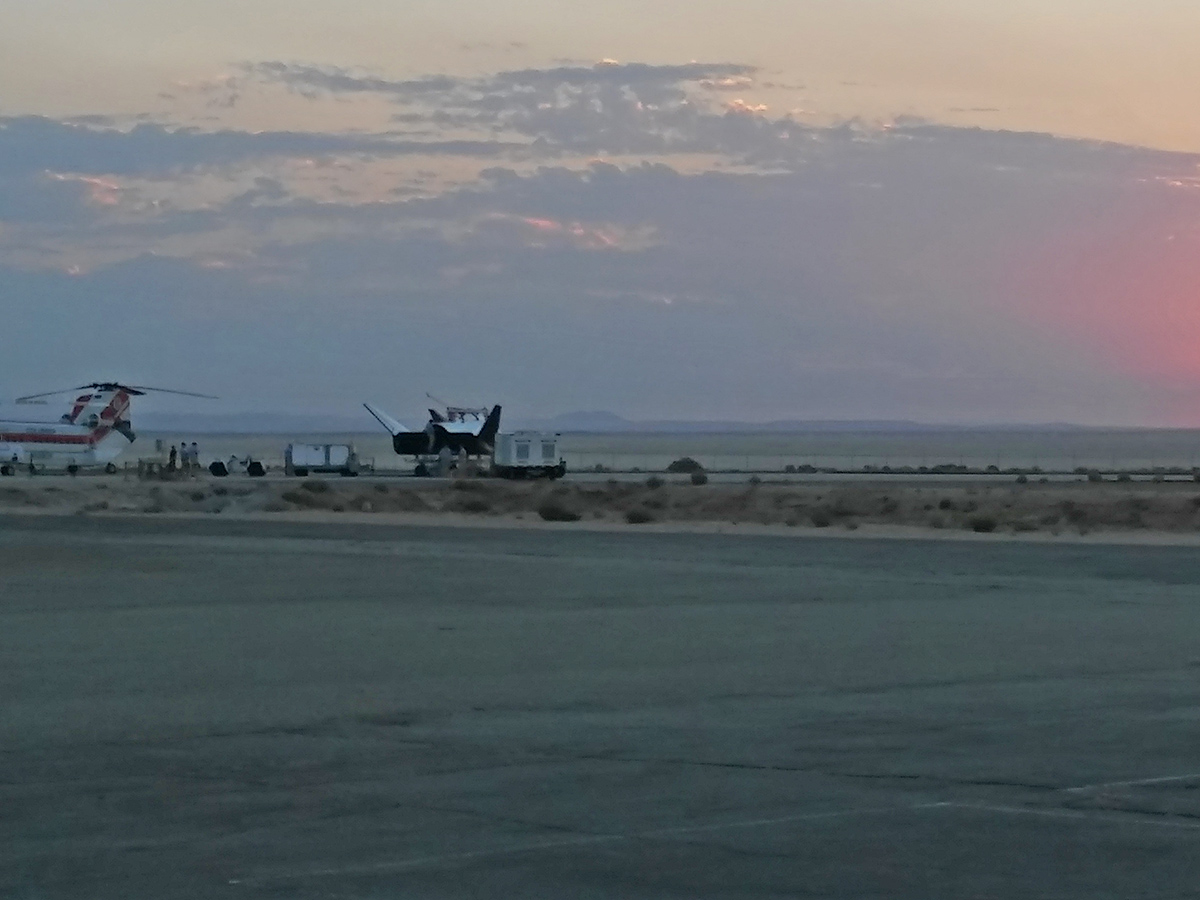
During a captive carry test, the space plane does not fly autonomously, but is suspended from another vehicle.
Liftoff!
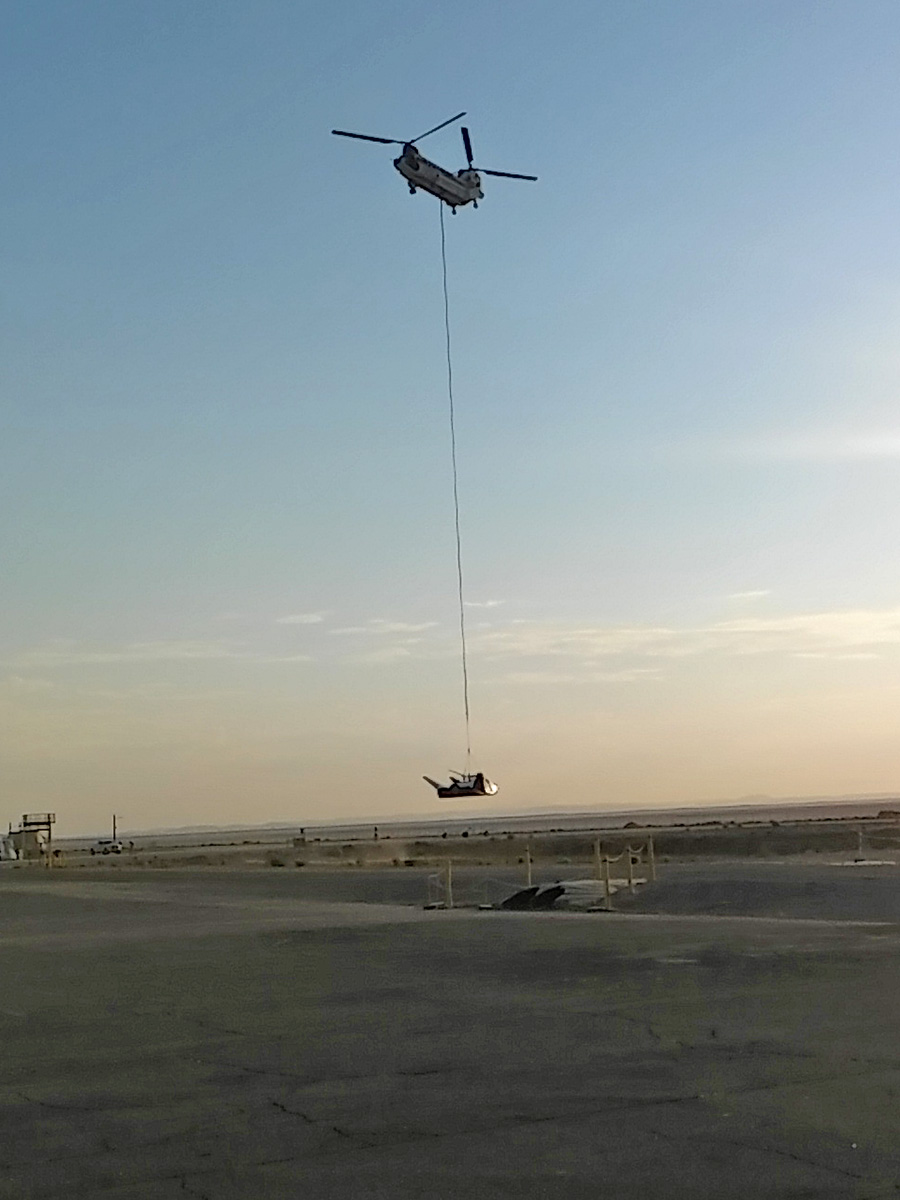
Dream Chaser takes to the skies, suspended by a 200-foot-long chord (60 meters) from a helicopter.
Up in the Air
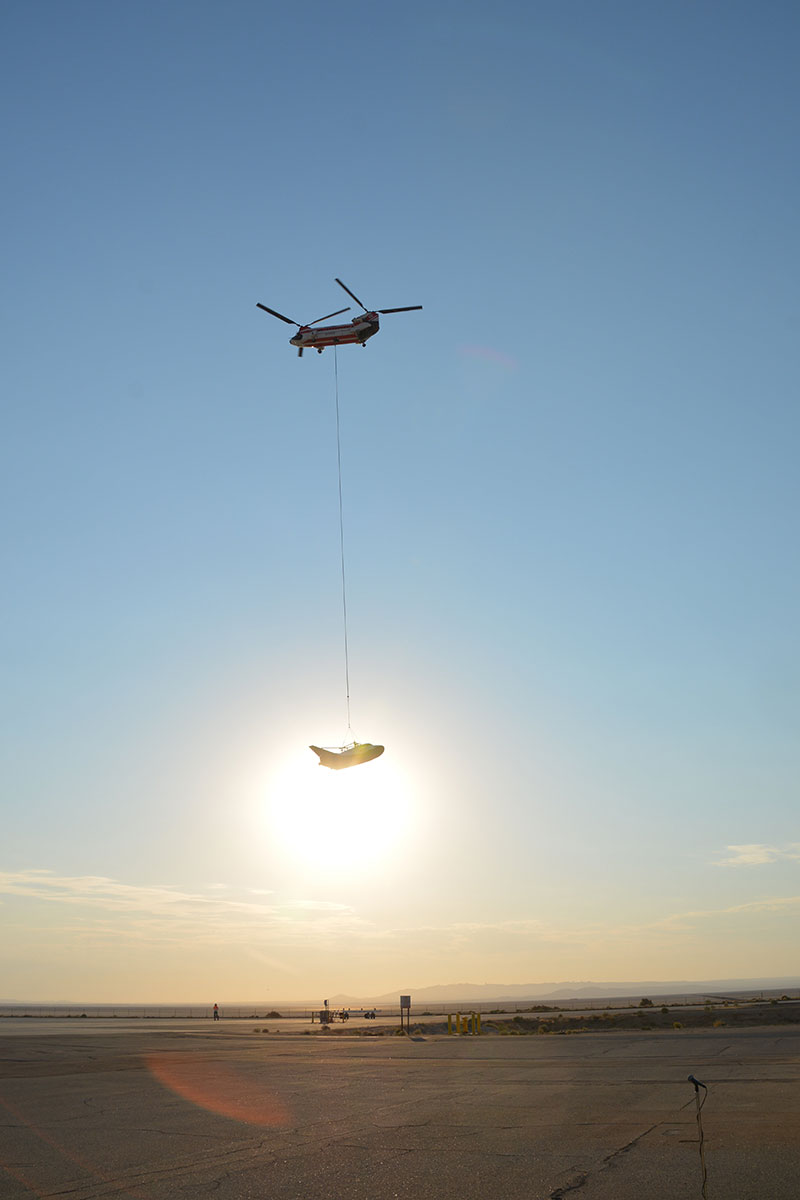
During the test, Dream Chaser reached an altitude of 12,500 feet (3810 meters).
Success!
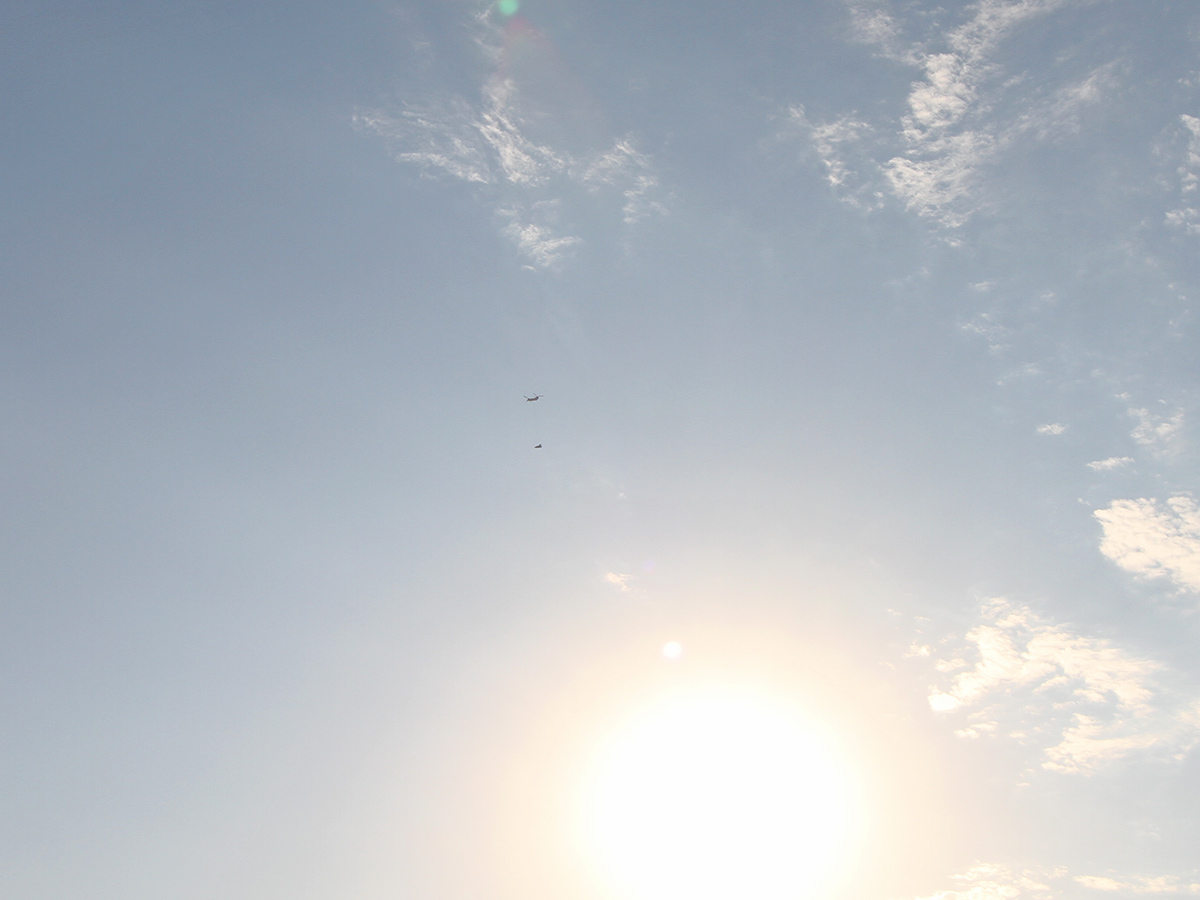
The space plane performed nominally during the test.
After Flight
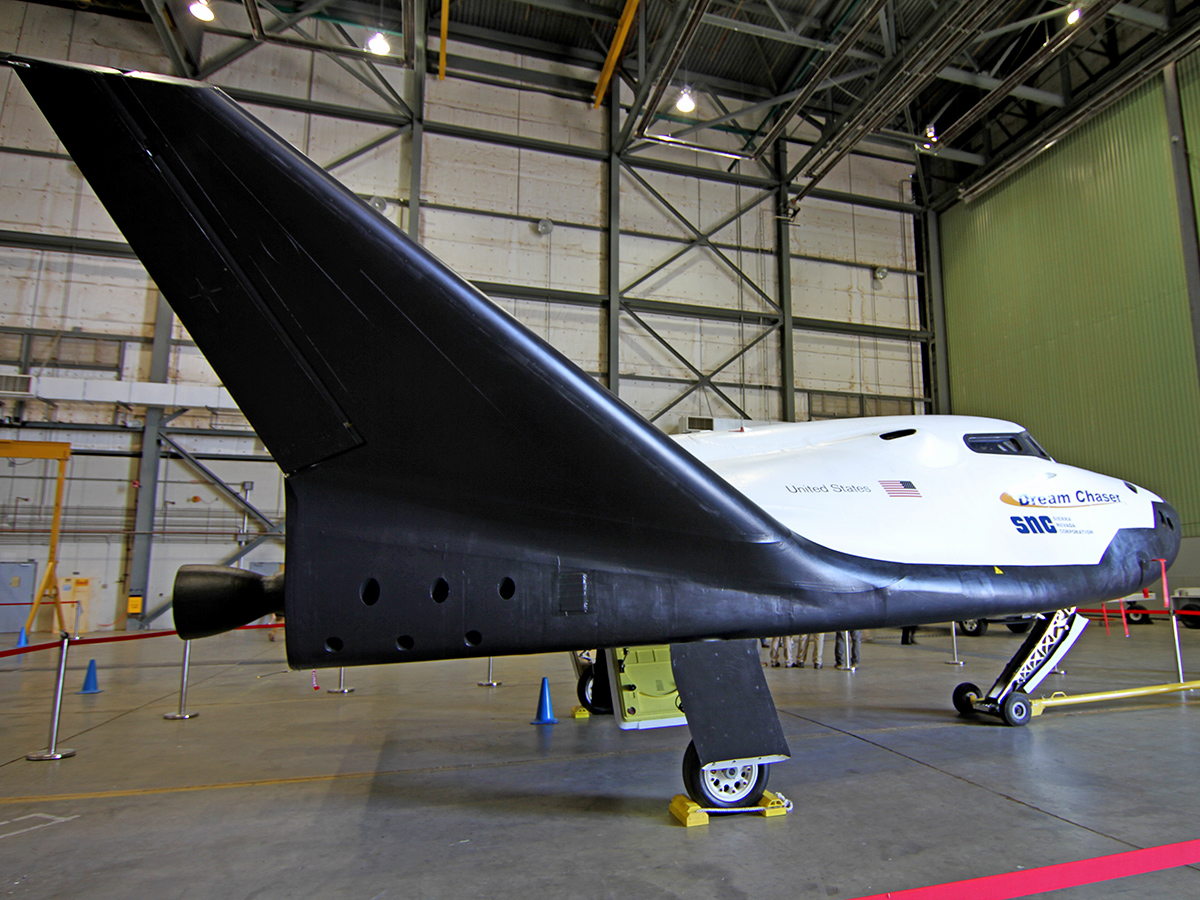
A test model of the Seirra Nevada Dream Chaser space plane.
Get the Space.com Newsletter
Breaking space news, the latest updates on rocket launches, skywatching events and more!
Onward to Orbit
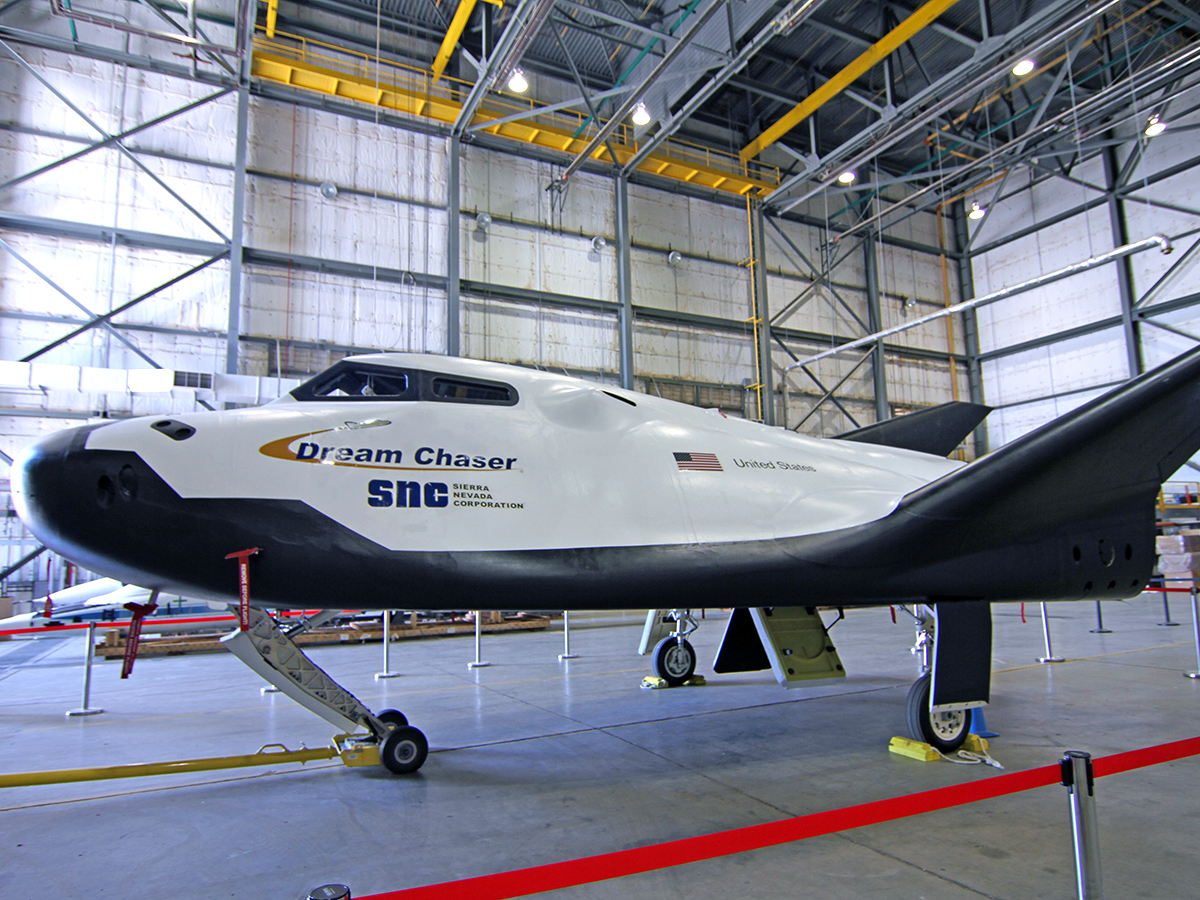
To reach orbital destinations like the International Space Station, Dream Chaser will hitch a ride to space on a rocket.
Dream Chaser Gallery
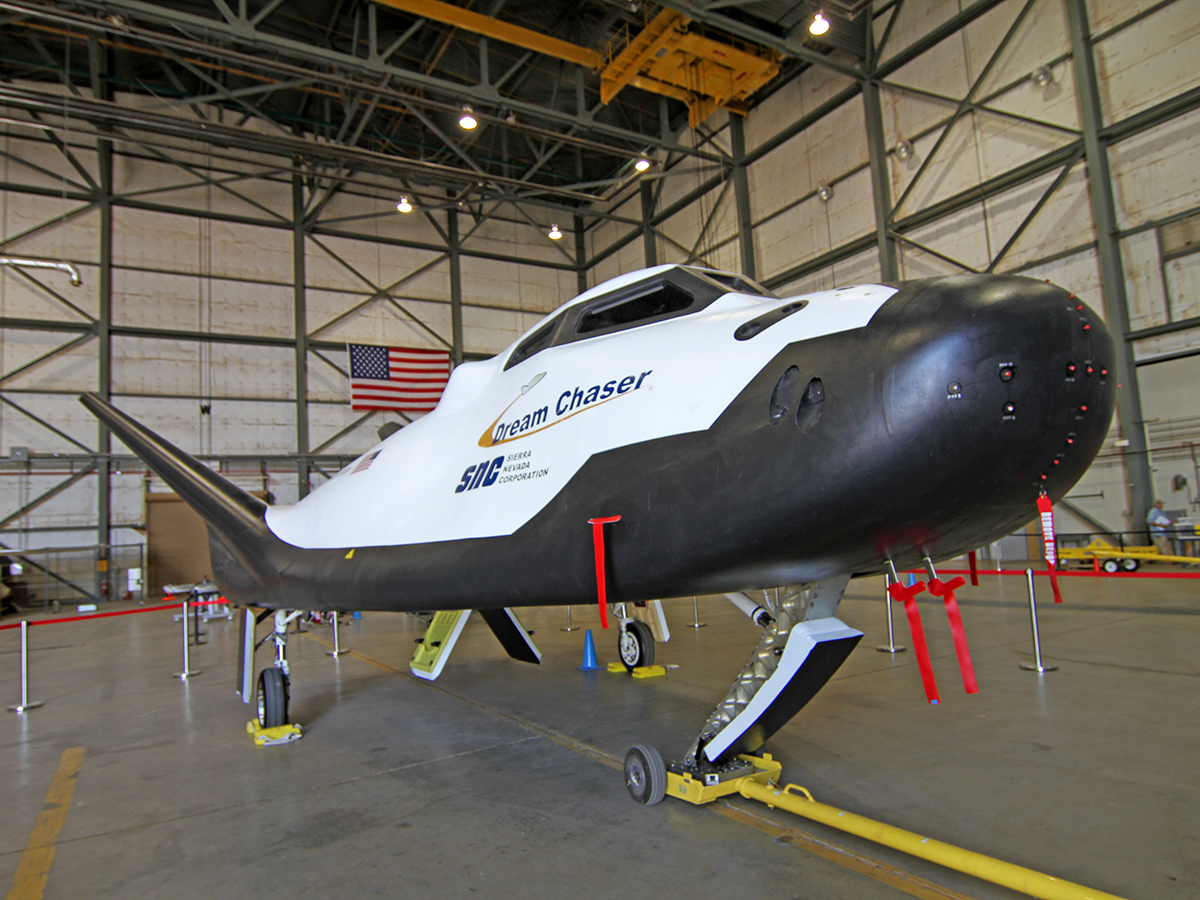
The 60-foot-long Dream Chaser space plane has been selected by NASA to fly cargo to the International Space Station as early as 2020.
Tip o' the Nose
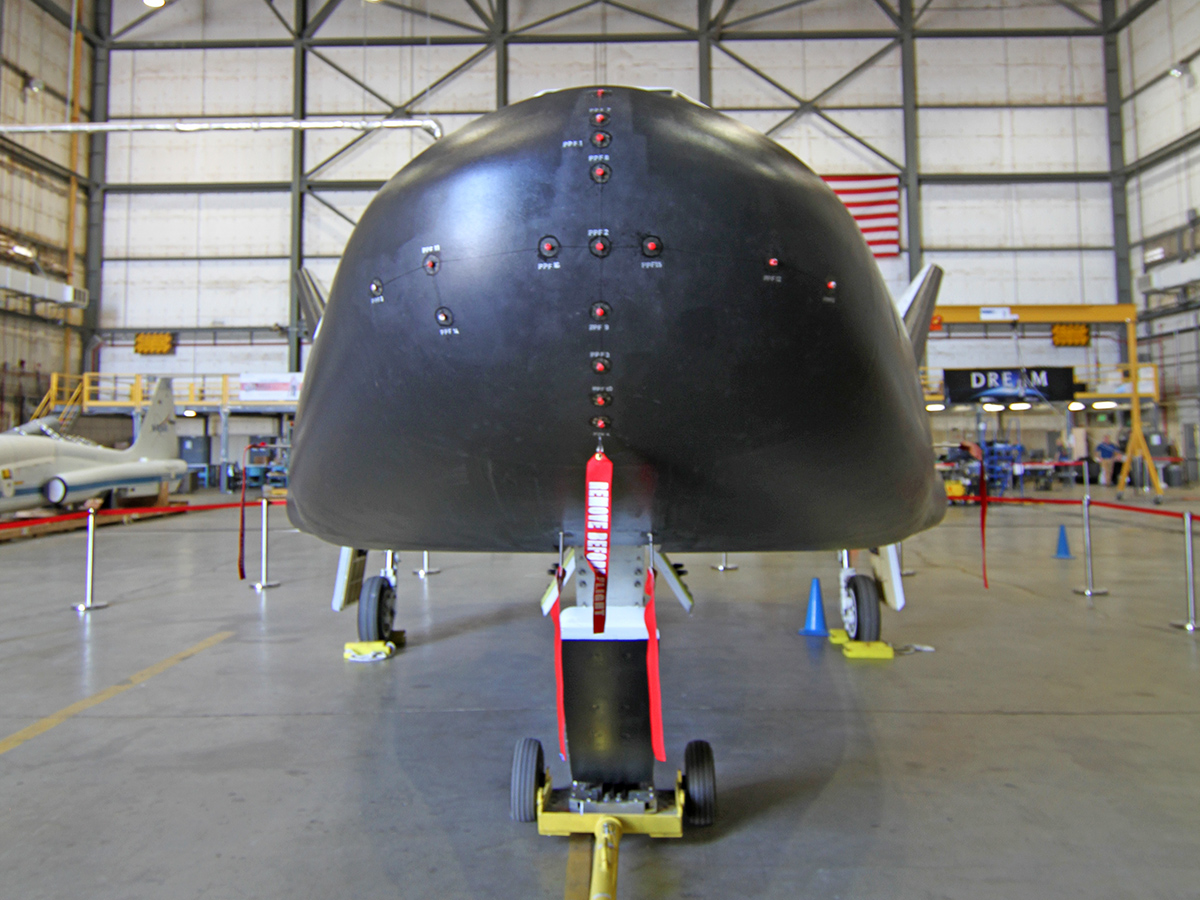
A closeup of Dream Chaser.
Dream Chaser Gallery
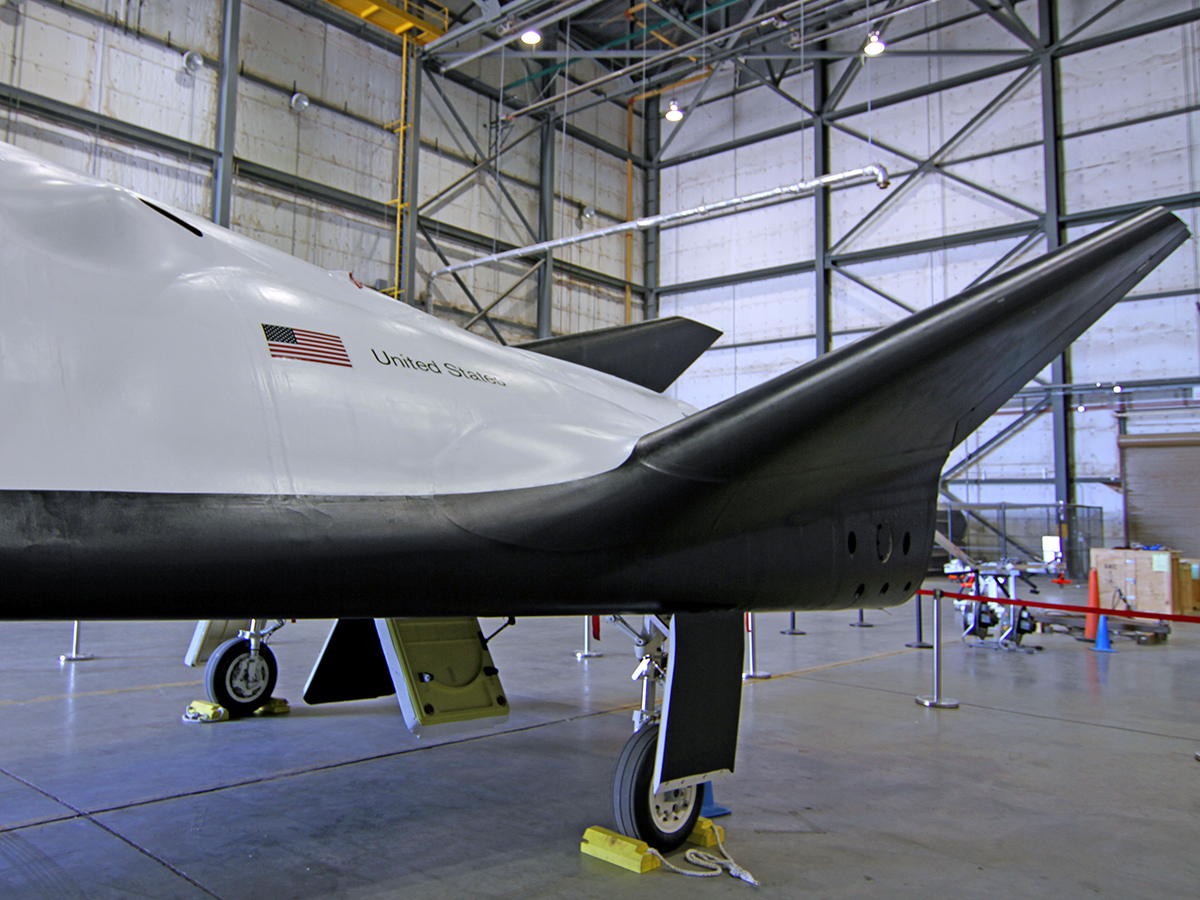
Sierra Nevada is planning one more captive carry test in 2017, followed by an autonomous landing test.
Join our Space Forums to keep talking space on the latest missions, night sky and more! And if you have a news tip, correction or comment, let us know at: community@space.com.
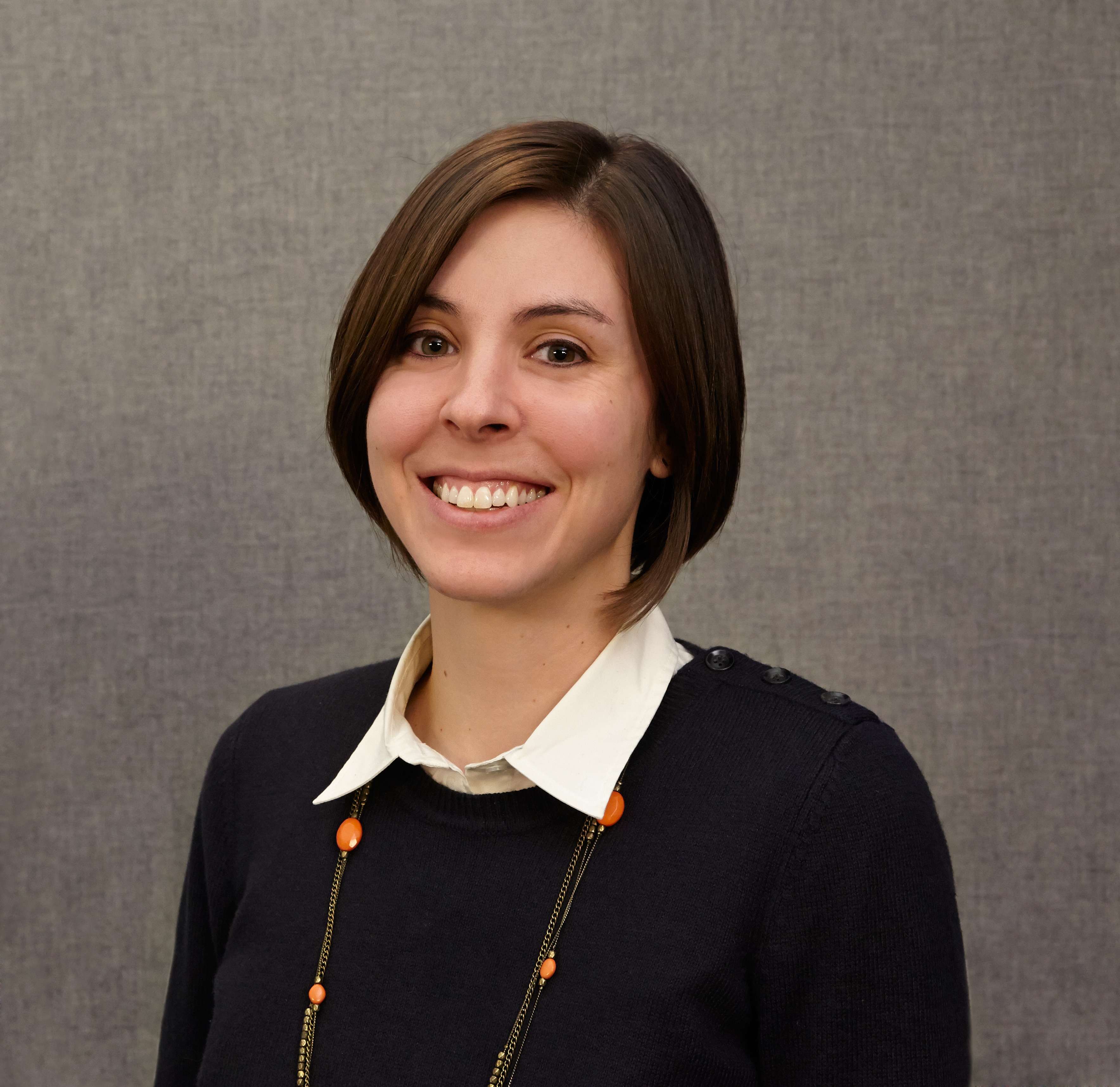
Calla Cofield joined Space.com's crew in October 2014. She enjoys writing about black holes, exploding stars, ripples in space-time, science in comic books, and all the mysteries of the cosmos. Prior to joining Space.com Calla worked as a freelance writer, with her work appearing in APS News, Symmetry magazine, Scientific American, Nature News, Physics World, and others. From 2010 to 2014 she was a producer for The Physics Central Podcast. Previously, Calla worked at the American Museum of Natural History in New York City (hands down the best office building ever) and SLAC National Accelerator Laboratory in California. Calla studied physics at the University of Massachusetts, Amherst and is originally from Sandy, Utah. In 2018, Calla left Space.com to join NASA's Jet Propulsion Laboratory media team where she oversees astronomy, physics, exoplanets and the Cold Atom Lab mission. She has been underground at three of the largest particle accelerators in the world and would really like to know what the heck dark matter is. Contact Calla via: E-Mail – Twitter









